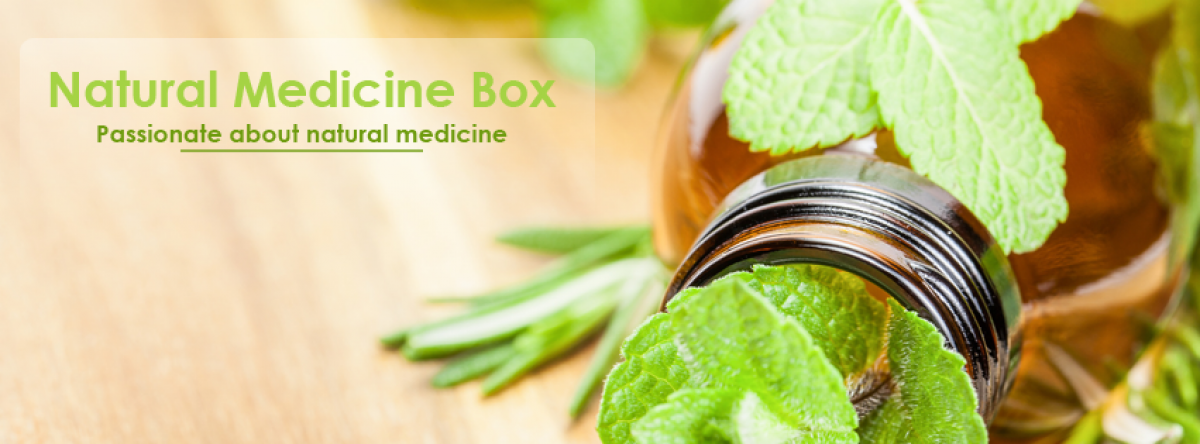Protect yourself from breast cancer with this twice-weekly food supplement
According to current literature, if you want to reduce your risk of breast cancer (and some other cancers, too), you should:
- Include fatty fish on your menu 2 to 3 times a week.
- Limit your omega-6 intake.
- Consider a high quality fish oil supplement.
Scientific studies indicate that their regular intake can lower your risk of breast cancer by up to 14% by consuming two portions of oily fish every week. Find out what you can do to protect yourself.
Research on diet and breast cancer
A group of Chinese scientists compared data from different previously published studies that looked at the association between intake of fish and omega-3 polyunsaturated fatty acids (also known as n-3 PUFA) and the risk of breast cancer. 26 publications, examining 20,905 cases of breast cancer among 883,585 participants, were included in their meta-analysis. The results were published in 2013 in The British Medical Journal(BMJ).
The researchers concluded that higher consumptions of omega-3 from fish lowered the risk of breast cancer in the studied population. The participants were taking a combination of EPA (eicosapentaenoic acid) and DHA (docosahexaenoic acid), both an important types of omega-3 fats. For every 100 milligrams of omega-3 per day, the risk went down by 5%. The risk could be reduced by up to 14%, which presents a significant reduction that is attributed to one specific dietary habit.
The study provided support for the use of high-quality fish oil by women wishing to reduce their risk of breast cancer.
Best sources of omega-3 for breast cancer prevention
The following fish are a good source of omega-3:
- Wild salmon
- Mackerel
- Sardines
- Anchovies
How much fish you should eat
If you are healthy and you are trying to maintain your health, Chris Kresser, an authority in the fields of nutrition and integrative medicine, recommends eating 6 oz. (180 grams) portions of fatty fish 2 to 3 times a week. Eating fish will provide you with sufficient amounts of EPA and DHA, and also supply you with protein, selenium and vitamin D.
If you are already suffering from a chronic condition, you might need to use supplements alongside whole fish. Kresser suggests taking 1 gram of high-quality fish oil daily and combining this with eating fish 2 to 3 times a week. This will ensure you receive a therapeutic dose of DHA, which is 1.5 grams per day.
A normal-size serving of salmon fillet contains up to 3 grams of EPA/DHA (depending on the time of year, how it’s prepared and where it’s coming from)
Fish or fish oil?
This is a dilemma for many, and different authors have a different opinions on the subject. I’ve already mentioned the view of Chris Kresser, who advocates the use of fish oil capsules only for certain groups of people.
The results of the analysis published in BMJ, however, favored fish oil when it came to breast cancer prevention.
If you buy supplements, make sure they contain both EPA and DHA. To improve the absorption of fish oil, you need to take the capsules with a high-fat meal. For example, if you take the supplement together with olive oil, the body will be able to use it much better compared to when taken alone.
You can read the full article here:
Source Healthy and Natural World



